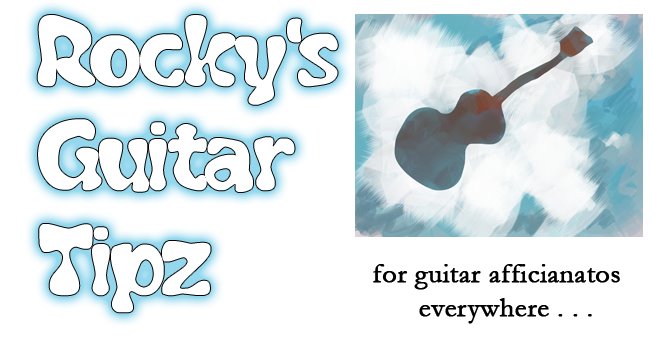Having a regular and effective practice routine is a necessary part of making good progress on any musical instrument. Some people think you have to play for hours a day, but as little as 30 minutes a day of well thought out practice is enough to make satisfying progress in the first few years of playing. Most of us have jobs, families, and other commitments, so playing for hours at a time is not usually possible. That's okay because the quality of the practice is more important than the quantity. Let's look at some basic strategies to get the most out of a practice session.
Set aside a designated amount of time for each practice session, and stick to it for that amount of time. This can be half an hour, twenty minutes, an hour, or whatever you have time for. Figure out a block of time and then practice for that amount. Don't give in to distractions like getting up check email, snacking, or calling a friend. Make the most of your given time.
Establish some short, medium, and long-term goals. This can help you decide what to work on for each practice session. For example, say you want to learn to play House of the Rising Sun. You can't switch between all the chords smoothly, and you haven't even attempted to tackle the barred F chord. Plus the thought of even trying play this song for others makes you a nervous wreck. Learning the entire song and playing it for others could be a long-term goal. Working on the barred F chord and barre chords in general could be a medium term goal, as they can take a while to become second nature. And smoothing out the chord transitions can be a short-term goal. Dedicate part or all of a practice session to identifying chord changes that give you problems, and work through them slowly till the kinks are ironed out.
Make sure your practice space is comfortable, has everything you need, and is out of the way of other people. If permitted, tell friends and family you are practicing and not to be disturbed. If you play sitting down, get a chair that is comfortable for holding a guitar. Are picks, capos, strings, slides, tuners, metronomes, and whatever else you may need in easy reach? If you are reading music off paper, it's worth it to invest in a music stand. It will result in much better playing posture than putting the sheet music flat down on a table or on the floor.
Make sure your guitar is in tune before starting, and take note of when you might have to change your strings next. Being in tune and producing a good tone are both important components of a successful practice session. If you play regularly normal guitar strings should be changed every two to three months, or even more often if you are stickler for ideal tone quality. Coated guitar strings can last even longer.
It's also a good idea to decide how you are going to divide your practice time. You might want to spend a few minutes on rhythm, a few on scales, and a few learning songs. Don't let any one part of your playing get neglected for too long. Each aspect of musical development needs to be practiced regularly. If, for example, you practice fingerstyle most of the time, you might lose your ability to use a pick. So if you want both skills in the long run, give them both some attention each time you play.
Finally, make sure you are in a good state of mind. If you are just going through the motions and not pushing yourself or listening carefully, you won't progress very quickly. It's very important to focus and find areas that are just out of your reach to repeat and drill. That is when learning is the most fun and satisfying. If it's too hard or too easy, it won't engage your mind.
Efficient and productive use of practice time is one of the keys to making regular and steady progress on any musical instrument. Evaluate where you are, where you want to be, and put together a practice routine to get you there. Then, make sure you stick with it for best success.
Image via Wikipedia
Jennifer Martin is CEO of http://www.RhythmStrummer.com. Her site offers easy guitar lessons for adult learners in a fun atmosphere with NO advertising.
Article Source: http://EzineArticles.com/?expert=Jennifer_Martin
